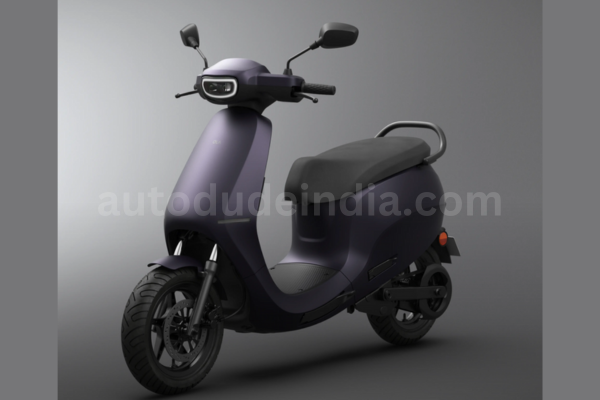Suzuki partners with Nagoya startup Tier IV to create self-driving minicars for Japan’s rural areas. Using open-source technology, they aim to enhance mobility on narrow roads. Learn more about this innovative collaboration.

Suzuki Motor has partnered with Nagoya-based startup Tier IV to develop self-driving technology specifically for minicars. This initiative aims to address the transportation needs in Japan’s less-populated regions, where narrow roads are common. By focusing on compact autonomous cars, Suzuki hopes to enhance mobility for rural residents, especially older people.
Highlight Points:
- Suzuki collaborates with Nagoya-based Tier IV to develop self-driving technology for minicars.
- Focus on autonomous vehicles for narrow roads in Japan’s rural areas.
- Tier IV’s open-source Autoware system enables global collaboration.
Suzuki collabs with Tier IV
Suzuki has invested part of a roughly 8 billion yen ($50 million) capital increase in Tier IV, which specializes in autonomous driving technology. The plan involves creating an automated driving prototype using Suzuki’s existing vehicle models. This collaboration builds on their previous partnership, where they jointly tested a car with Tier IV’s system in 2022.
Founded in 2015, Tier IV promotes Autoware, an open-source operating system for self-driving cars. This software, developed with Nagoya University and other institutions, allows any company to use and adapt it, fostering global collaboration in advanced autonomous technology. Tier IV has attracted investments from other major companies like Yamaha Motor and Isuzu Motors, who are exploring autonomous driving for factory transport and bus services, respectively.
The joint effort will focus on fine-tuning the automated driving system to handle the unique challenges of rural Japan’s narrow roads and hilly terrain. Suzuki’s dominance in the minivehicle market, capturing 34% of new sales in fiscal 2023, underscores the potential impact of this project. Minicars, with engines of 660 cubic centimeters or smaller, are popular in Japan for their affordability, lower taxes, and insurance premiums.
As Japan’s population ages, the market for new cars faces challenges. By investing in autonomous driving technology, Suzuki aims to provide safe and convenient transportation solutions for elderly residents in rural areas, securing future growth.
Suzuki’s research and development expenditure, at 234.2 billion yen for the fiscal year ending March 31, is modest compared to rivals like Honda and Nissan. Utilizing open-source technology like Autoware could help Suzuki keep development costs in check.
Globally, companies like Waymo, Tesla, and Toyota are leading in self-driving car development. Suzuki’s recent investment in U.S. startup Glydways, a robocar network company, further signifies its commitment to advancing in this field.
Investments from Sompo Holdings and Mitsubishi Corp. in Tier IV highlight the broader interest in leveraging this technology across various industries and services. This collaboration between Suzuki and Tier IV marks a significant step towards integrating advanced autonomous technology into everyday vehicles, particularly benefiting Japan’s rural communities.
Also Read:
Maruti Suzuki’s New-Gen Swift Breaks Sales Records in Debut Month
Maruti Suzuki May 2024 Sales in India: A slight rise in Sales




